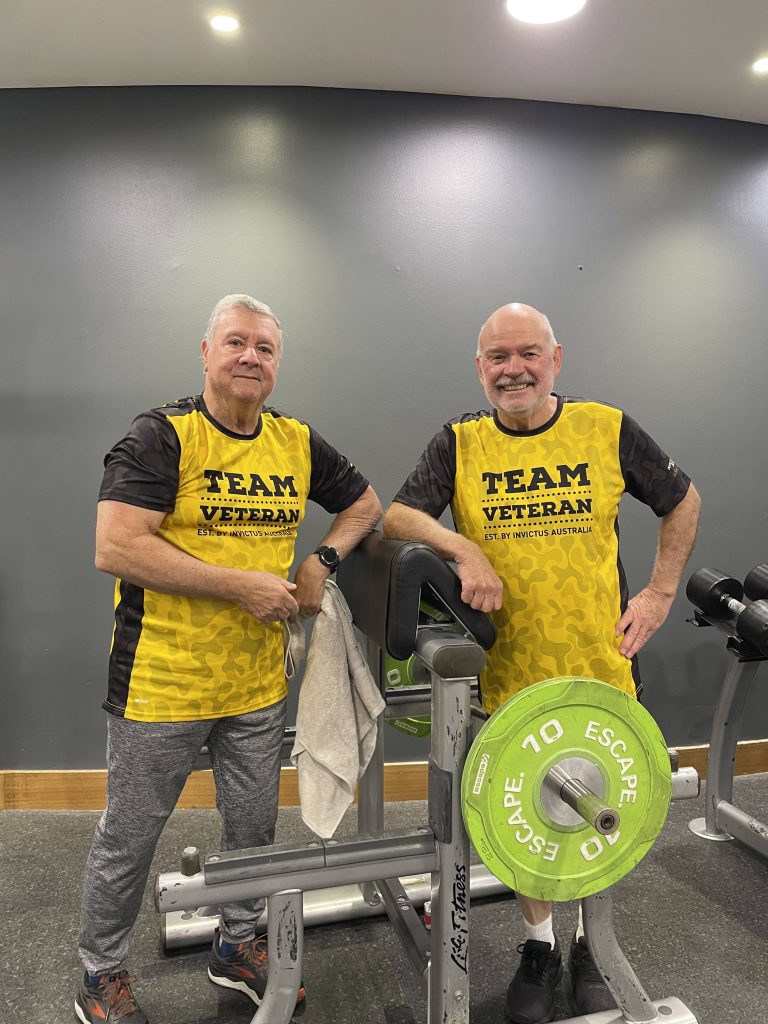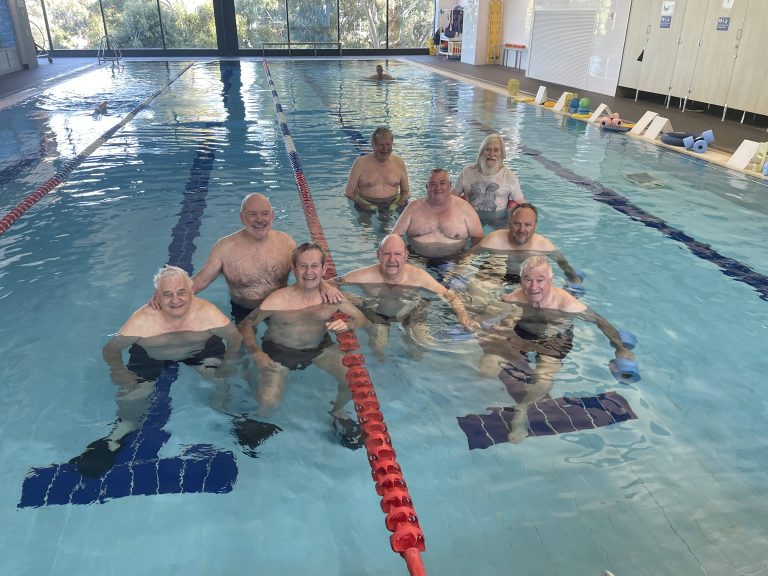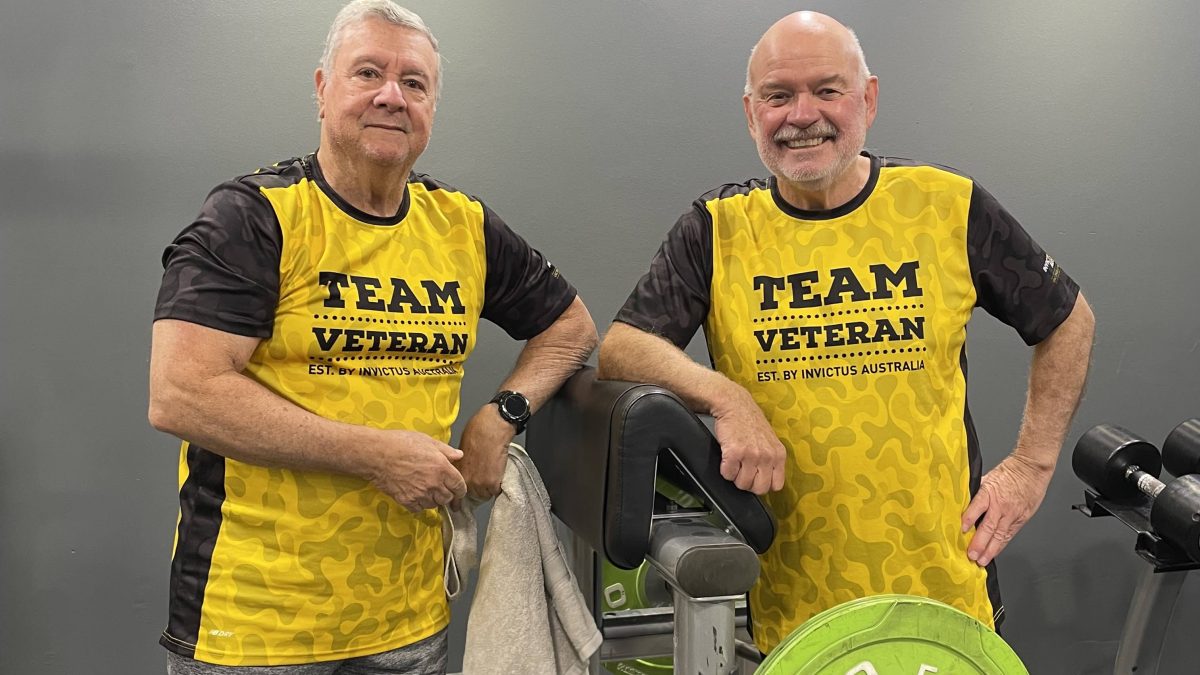David Everitt didn’t realise it at the time, but a mental breakdown in his 50’s, the result of delayed PTSD from his time serving in the Vietnam War, would become the thing that actually saved his life.
“I had a life that many would envy, I was managing director of a company, I had a great family, I had an MBA, we had a good life, but I had ignored the trauma for too long, I wasn’t looking after myself and I hit a wall and I hit it pretty hard.”
“I went through a marriage breakdown, ended up in the Repatriation Hospital as an outpatient, and I was in a pretty dark place and had to work really hard to get myself back from the brink of severe depression – but I am here to say that it is possible.”
Fast forward, 20 years and David has reinvented himself as a champion for change, with his focus on helping others in the veterans community to have a better quality of life and delivering on his commitment to the Equally Well mission.
He says his recovery is a constant work in progress and a daily commitment to doing life very differently to the way he had lived before.
“I was sharing my story at an ANZAC Day event a few years ago, and when I was finished I had several people come up to me and say ‘Hey, you stole my story!’ I knew this was something many of us veterans were going through and thought, we have to do better to help each other.”
So, David turned to his business skills and that sense of self discipline that he took from his army training, and started reaching out to find out what information was out there about the links between physical and mental health.
“Through my psychiatrist I connected with a peer group and started going to the gym. I realised one day that I had all this clarity of mind that just wasn’t there for many years when my life was so busy with work, family and study and largely also because I had stopped drinking alcohol, which was a big part of my professional and social life for so long.”
Through his own lived experience, David is such a valuable member of the Equally Well Ambassador network as a living example of the positive change that can be made to someone’s mental health from addressing physical health needs.
“I know this (the PTSD) is something I have to live with, I get flashbacks for sure, and I can get pretty down at times, but now I know when I feel like that, I just go for a walk, or a swim or talk to someone, and it will pass.”
In becoming an advocate for improving the physical health and quality of life of people living with mental health challenges in the veterans community, David has developed his own 5 step approach that he shares when and wherever he can through workshops and presentations.
His top tips are:
1. Get regular exercise
2. Make social connections – build a network around you
3. Watch what you eat and eat nutritious meals
4. Limit or remove alcohol
5. Find a purpose, do volunteering or work that helps others
“When I had my breakdown, I had no idea that my life could get back on track and I would be living such a full life now into my 70’s. I’ve got great friends, I travel, I spend quality time with my family (especially love being with my grandkids) and am feeling like I am doing good work through my volunteer work with veterans and in the aged care sector.
“There is a lot to look forward to and I’m not planning to slow down any time soon.”




